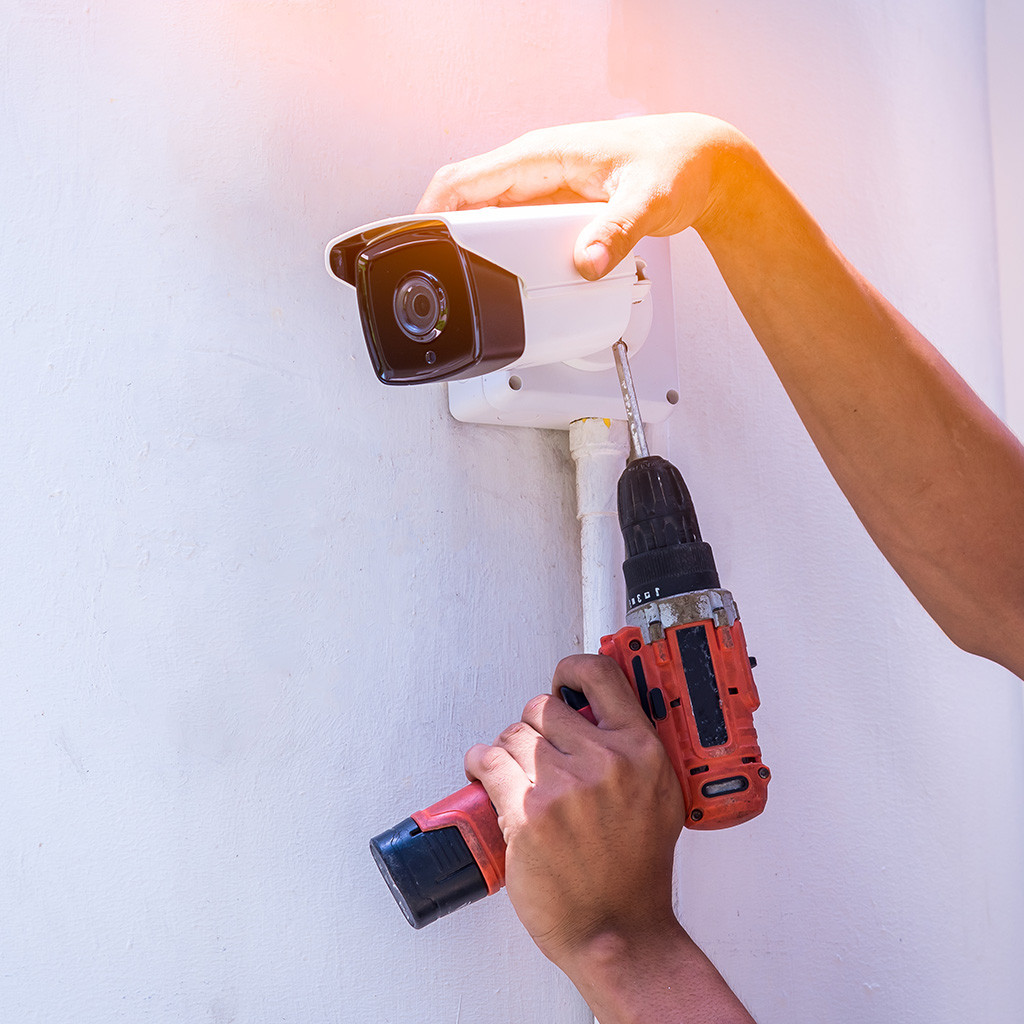There are certain requirements which need to be complied with to make sure that CCTV is lawful, as there can be potential issues with data protection and privacy with CCTV cameras in communal areas.
Firstly, GDPR. By recording images of people you will be processing personal data under GDPR. To make sure that the CCTV system is lawful you need to rely on a particular GDPR ground. The CCTV in position would be in the public's interest as you are trying to deter a crime which affects people in the local area, in which case a public interest ground would apply.
This means that you would need to register with the ICO as a data controller and pay a fee. You also need to comply with a number of requirements regarding the processing and storage of the data collected, including keeping records of when the CCTV is used and ensuring that the data is kept securely.
Secondly, privacy and human rights. While human rights concerns apply more to public authorities, housing associations should also comply the HRA 1998 by making sure that CCTV is proportionate and necessary.
CCTV to prevent fly-tipping
The main question is whether there would be a less privacy-intrusive way to achieve your aim. This will depend on what steps have already been taken to deter the fly-tipping but CCTV seems like a logical way to address the issue. You might consider carrying out a privacy impact assessment to establish how intrusive the CCTV will be.
To make sure that the CCTV is proportionate, you should make sure that the cameras point only at the problem areas and do not record a wider area or for a longer period than is necessary. If there is a particular time that the fly-tipping seems to happen, for instance only at night, recording should be restricted to that period. It is also important that the cameras do not record audio, as this is very unlikely to be justifiable.
You will also need to put up signs at the entrances to the areas that will be filmed, to let people know that they are entering a CCTV area.
What to do if your tenant has put up CCTV
If you have a tenant that has put up CCTV in a communal area i.e. a large block of flats, without consent, here are the steps to take.
Firstly, write to the tenant asking for the CCTV to be removed.
If the tenant does not respond, the second course of action would be to write to the tenant again stating that they do not have permission for these CCTV cameras, and ordering that the tenant is to remove them (say, within 14 days) failing which, you will seek legal action to obtain an injunction against them her to remove these CCTV cameras, and you will seek the costs of this (including solicitors costs, court fees and enforcement costs).
How we can help
With over 35 years’ experience, our housing management team are well-equipped to assist and advise you. Contact us on the button below for more information.






